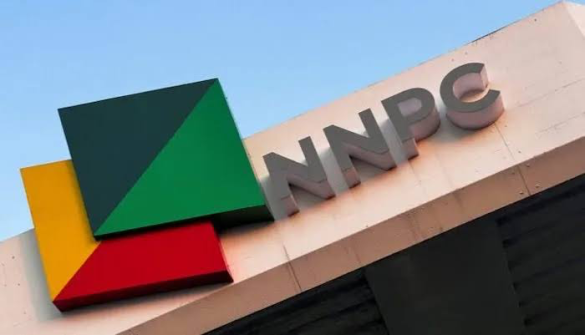KEY POINTS
- The Socio-Economic Rights and Accountability Project (SERAP) has asked the Nigerian National Petroleum Company Limited (NNPCL) to account for N22.3 billion and foreign oil funds allegedly missing from its accounts, citing a report by the Auditor-General of the Federation.
- The Auditor-General’s report revealed widespread mismanagement, including payments for projects that were never completed, unexplained transactions, and phantom contracts worth billions of naira and foreign currencies.
- SERAP has urged the NNPC to identify those responsible for the alleged diversion or misappropriation of funds and hand them over to the ICPC and EFCC for prosecution, warning that such irregularities undermine economic development and deepen poverty.
The Socio-Economic Rights and Accountability Project (SERAP) has called on the Group Chief Executive Officer of the Nigerian National Petroleum Company Limited, NNPC, Mr Bayo Bashir Ojulari, to explain the whereabouts of billions of naira and foreign currency allegedly missing from the company’s accounts, as highlighted in the latest report by the Auditor-General of the Federation.
In a letter dated 25 October 2025, SERAP urged Mr Ojulari to “identify those responsible for the diversion or misappropriation” of the funds and hand them over to the Independent Corrupt Practices and Other Related Offences Commission (ICPC) and the Economic and Financial Crimes Commission (EFCC) for prosecution.
According to the report published on 9 September 2025, the NNPCL failed to account for over N22.3 billion, $49.7 million, £14.3 million, and €5.2 million in oil money.
SERAP’s deputy director, Kolawole Oluwadare, who signed the letter, described the findings as “a grave violation of public trust and the Nigerian Constitution,” warning that such irregularities deepen poverty and undermine economic development.
Auditor-General’s report exposes widespread mismanagement
The 2022 audit report paints a troubling picture of systemic irregularities and questionable payments running into billions.
Among the cases highlighted, the NNPCL reportedly paid N292 million for an Accident and Emergency facility in Abuja that was never built, while £14.3 million meant for repairs at the company’s London office vanished without trace.
The audit also cited unexplained payments, including $22.8 million to a contractor for crude oil lifting, N2.3 billion as cash options for staff without approval, and €5.2 million for maintenance of the Atlas Cove Jetty Facility without supporting documentation.
Other questionable transactions include billions spent on phantom contracts, duplicated consultancy fees, and tax deductions that were never remitted. The Auditor-General’s findings suggest that funds intended for national development were routinely diverted, with minimal accountability from NNPCL management.



